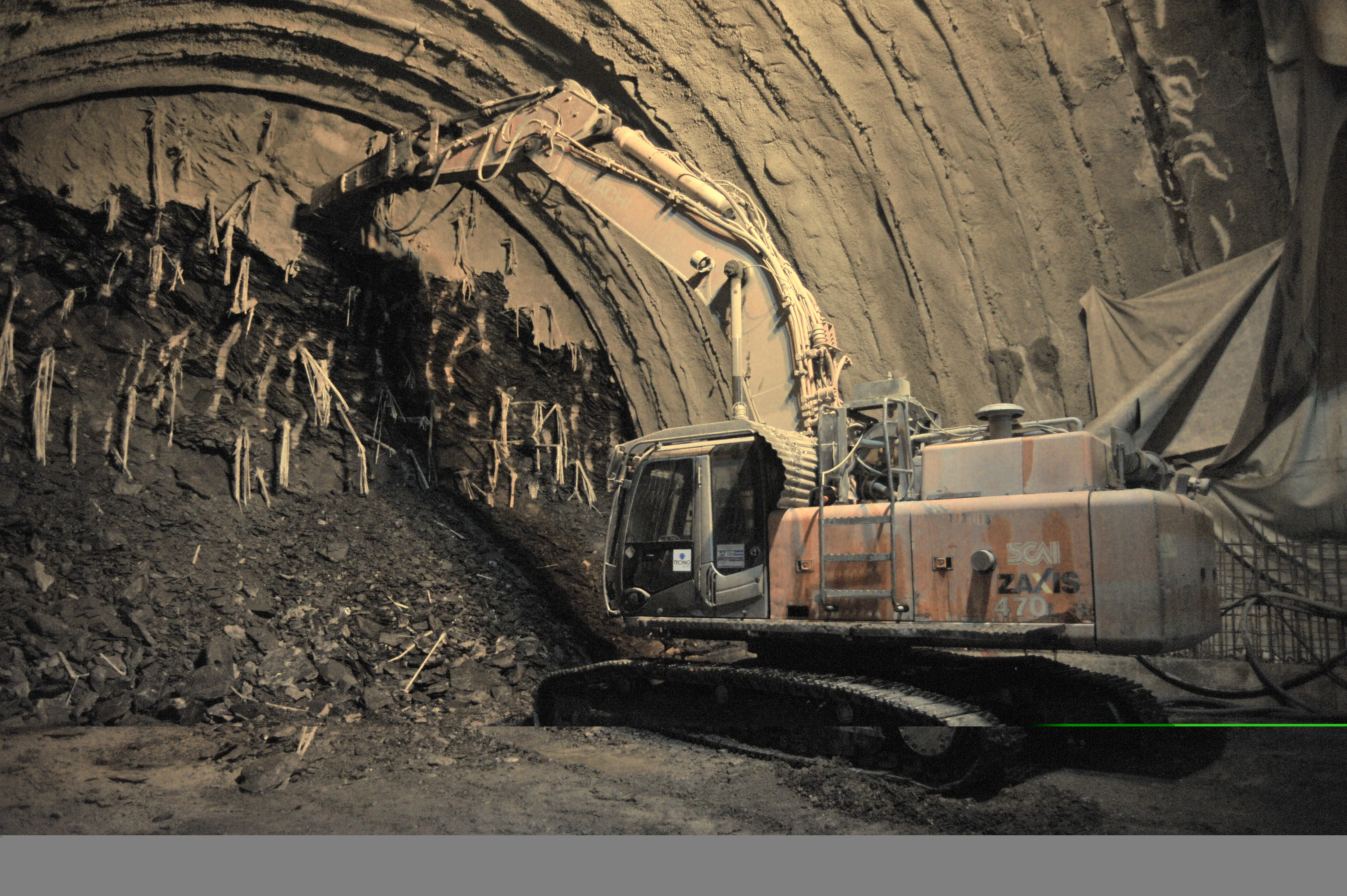Construction will commence in April 2017 on a new road tunnel link in Karlsruhe. Austrian contractor STRABAG has an 84% stake in the consortium, which also includes Schleith, building the link. Civil design is being handled by Ed Züblin meanwhile. The new Kriegsstraße vehicle tunnel in Karlsruhe will carry two lanes of road traffic underground, while providing a surface connection for trams, pedestrians and cyclists. The tunnel construction forms part of the wider Kombilösung public transport infrastructure
December 13, 2016
Read time: 2 mins
Construction will commence in April 2017 on a new road tunnel link in Karlsruhe. Austrian contractor 945 STRABAG has an 84% stake in the consortium, which also includes Schleith, building the link. Civil design is being handled by Ed Züblin meanwhile. The new Kriegsstraße vehicle tunnel in Karlsruhe will carry two lanes of road traffic underground, while providing a surface connection for trams, pedestrians and cyclists. The tunnel construction forms part of the wider Kombilösung public transport infrastructure project for Karlsruhe that is intended to help cut congestion. Construction of the new tunnel begin in April 2017, while its completion is scheduled for mid-2021. The tunnel will reroute the through-traffic on Kriegsstraße underground for a distance of 1.6km between Mendelssohnplatz and Karlstor. The tunnel will be built using a cut-and-cover process and will feature a rectangular reinforced concrete frame. The Züblin-led consortium will excavate a 9m deep concrete trench, which will then be roofed over allowing the tram tracks and cycling and pedestrian facilities to be installed on the surface. The work is being divided into nine sections that will be cut, concreted and covered from the top. The close proximity of buildings and the city’s high groundwater levels will ensure that the waterproofing and retaining wall design will be challenging however.







